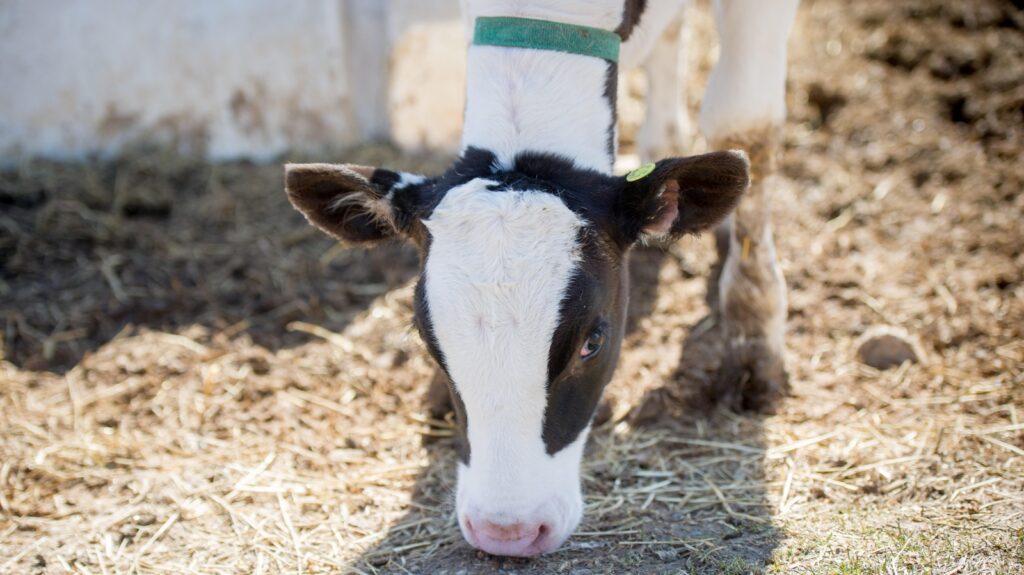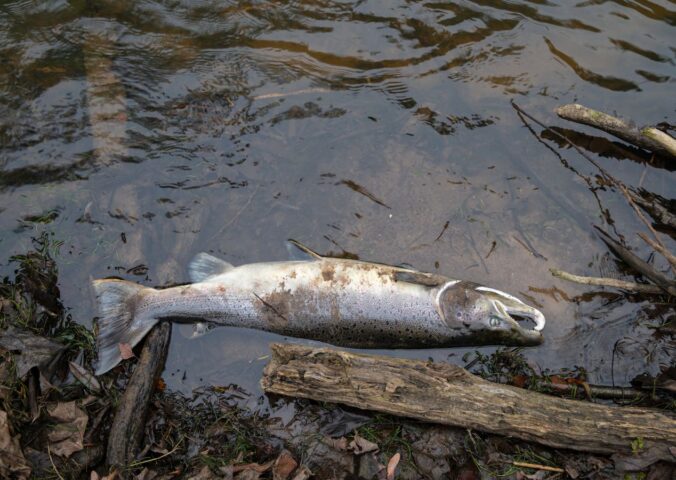US Senate Democrats have passed a landmark bill that makes provisions for climate action and affordable healthcare for American citizens.
Named the Inflation Reduction Act 2022 (IRA), the final vote was 51-50 in favor. All Republicans in Congress opposed the bill, creating a stalemate that was broken by Vice President Kamala Harris’ vote.
This comes after the Supreme Court ruled that the Environmental Protection Agency should have limited power to reduce emissions across US states.
The bill was signed into law by President Biden. It will see $369 billion specifically diverted to emissions-reducing activities and nationwide investment into renewable energy technologies.
Independent research company Rhodium Group estimates that the bill has the potential to slash US emissions by between 31 and 44 percent below 2005 levels by 2030. Biden has already pledged to halve the country’s total greenhouse gas emissions by the same year.
Democratic senator Brian Schatz Tweeted about the significance of the US climate bill. He said: “We passed the biggest climate bill that any country has ever passed.”
It is estimated that IRA will reduce US emissions by one billion tonnes by 2030. This is more than double the total emissions generated by the UK annually.
How will the money be spent?
The US is the largest creator of carbon emissions in the world. It has a great deal of scope for reducing its impact.
The IRA will allocate $369 billion to tackling the climate emergency through a number of investments and tax incentives. These include tax credits offered directly to consumers who are open to buying an electric car.
A sizable portion of the IRA will be used to create a $27 billion “green bank” for funding clean energy developments. Emissions-reducing infrastructure is also expected to materialize, including a network of residential rooftop solar installations.
Alongside supporting reduced reliance on fossil fuels for energy, it is said that the IRA will invest billions in the construction of manufacturing plants focused on producing clean energy vehicles. Though exact details are yet to be confirmed.
What about animal agriculture?
Despite the IRA citing investment for “greener agricultural practices,” less than five percent will be allocated to improving the existing farming system. As it stands, it is heavily reliant on animal agriculture, which has been left out of discussions altogether.
Most of the agricultural funding will be given to farmers to engage in activities that the United States Department of Agriculture deems “climate-smart.” Experts have criticized the move, however, claiming that the endeavors might not help the climate situation at all.
Recommended activities include improving soil quality, reducing water pollution, and operating in such a way as to protect native species of plants and pollinators. However, these have not been deemed effective ways to reduce the farming sector’s emissions contributions.
Scholars and climate experts have iterated that the only way to meet the Paris Agreement targets is to slash meat and dairy production. Biden re-committed to the accord immediately after being sworn in as President. His predecessor Donald Trump cut ties with the agreement.
Globally, animal agriculture is understood to contribute to at least 14.5 percent of all anthropogenic greenhouse gas emissions. The US is the second largest producer of meat globally.
Biden ignores the meat issue
Earlier this year, despite relying heavily on environmental awareness in his election campaign, President Biden pledged $1 billion to subsidize the domestic meat industry. This came amid flagging profits for farmers and price hikes for consumers.
The IRA will provide $1.5 billion to reduce environmentally harmful methane leaks created during natural gas production as part of the national commitment to the Global Methane Pledge. However, it ignores the vast methane emissions attributed to meat production.
Standing at 28 times more effective than carbon when it comes to planetary heating, methane is a serious concern. One cow can produce up to 220 pounds of the gas in a single year. Right now, the US meat sector currently rearing in the region of 30.1 million animals for meat.
The Biden administration has been asked to end factory farming and switch to a plant-based food system many times. So far, it has failed to take up the mantle.






